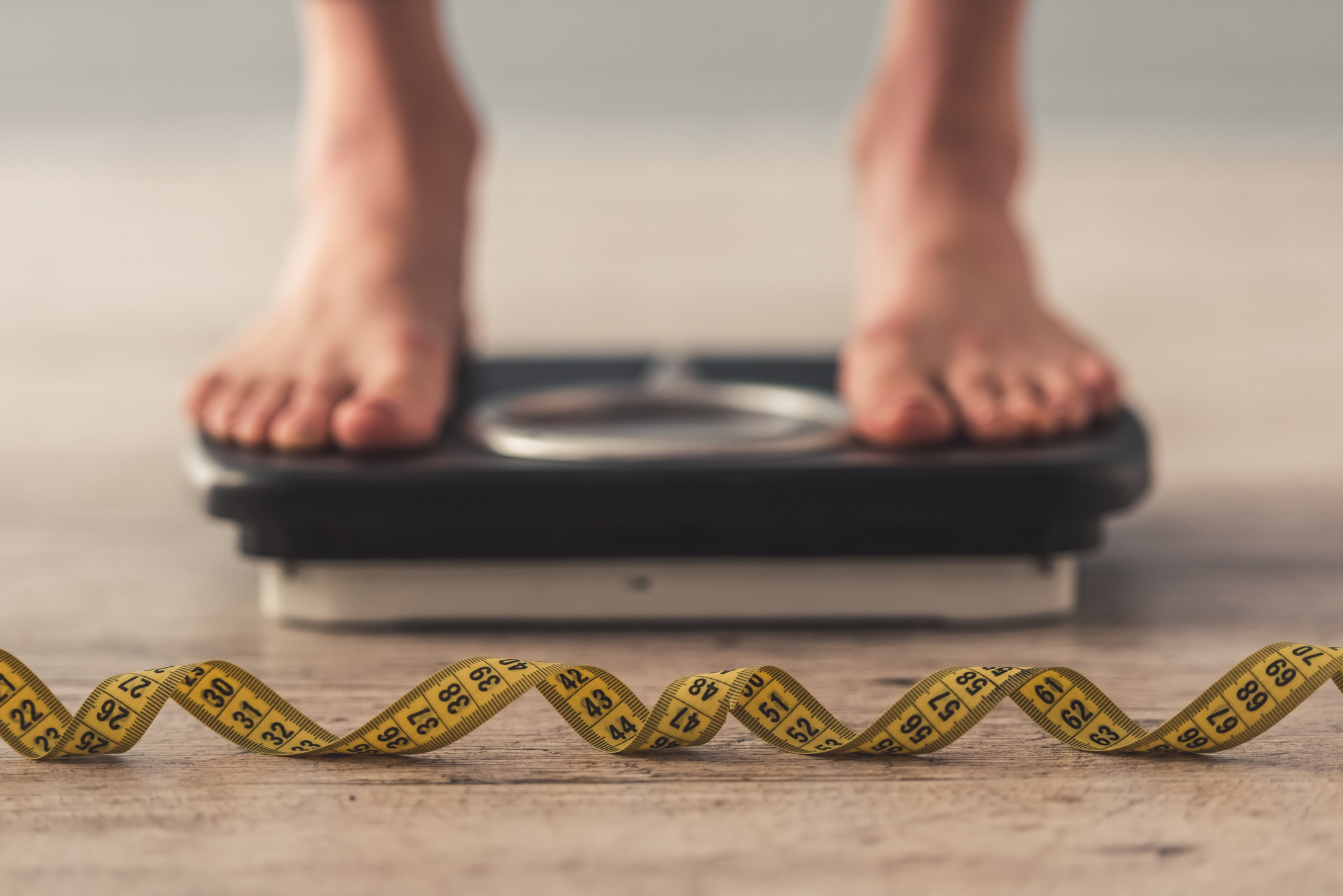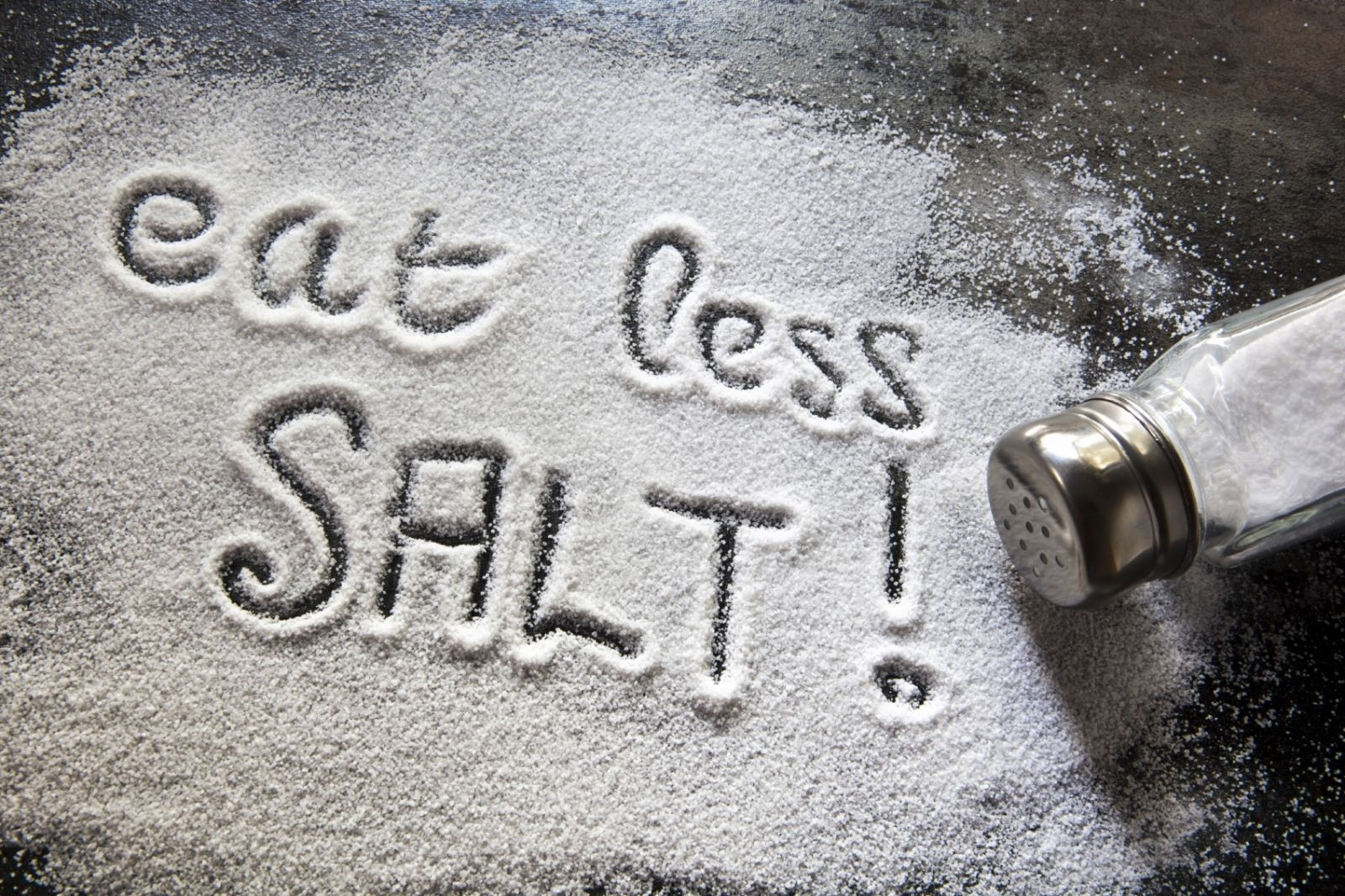
Counting steps is good — is combining steps and heart rate better?

Appendix pain: Could it be appendicitis?

Can saw palmetto treat an enlarged prostate?

How does Ozempic work? Understanding GLP-1s for diabetes, weight loss, and beyond

Zinc: What it does for the body, and the best food sources

Respiratory health harms often follow flooding: Taking these steps can help

Tips to leverage neuroplasticity to maintain cognitive fitness as you age

Can white noise really help you sleep better?

Celiac disease: Exploring four myths

What is prostatitis and how is it treated?
Nutrition Archive
Articles
Ultra-processed snacks and meals may raise cancer risk
Research we're watching
Image: © xfotostudio/Getty Images
If your food is more likely to come out of a bag or a box than from a tree or the ground, you may be putting yourself at higher risk for cancer. A study published online Feb. 14, 2018, by The BMJ found that people who eat more ultra-processed foods have a higher overall risk of cancer than those who don't. In fact, when the proportion of ultra-processed foods in a person's diet increased by 10%, the risk of cancers increased by more than 10%.
The researchers came to their conclusions after reviewing data from more than 100,000 people, on average 42 years old, based on their usual consumption of 3,300 different foods. The foods were classified according to their level of processing. Ultra-processed foods included things like
Vegetable of the month: Red cabbage
Image: © pjohnson1/Getty Images
Slivers of this vibrantly colored vegetable, also known as purple cabbage, are sometimes added to cabbage salads and coleslaw. But why not add red cabbage to any salad — or even make it the star ingredient?
Red cabbage contains substances called anthocyanins, which are responsible for the red-orange to blue-violet colors found in many fruits and vegetables. Population-based studies have linked a higher intake of anthocyanins and other so-called phytochemicals to a lower risk of cardiovascular disease.
Beer belly
Q. I am a healthy, active 39-year-old guy. I enjoy a beer with dinner most nights, and a six-pack most weekends. Over the past year or two, I've had to let my belt out, and now I'm letting out my pants. So here's my question: is beer really responsible for my "beer belly"?
A. Whether it's called a beer belly, a spare tire, the apple shape, or the middle-age spread, abdominal obesity is the shape of risk. Abdominal obesity is a health hazard, increasing the risk of heart attack, stroke, diabetes, erectile dysfunction, and other woes. Risk begins to mount at a waist size above 37 inches for men, and a measurement above 40 inches would put you in the danger zone. For women, the corresponding waist sizes are 31 and 35 inches, respectively.
Harvard researchers: Inflammatory diets linked to colorectal cancer
News briefs
Image: © Ben6/Getty Images
Here's another reason to say goodbye to hot dogs, soda, and white bread: A Harvard study published online Jan. 18, 2018, by JAMA Oncology suggests that diets promoting chronic inflammation are associated with colorectal cancer. Researchers analyzed the self-reported eating habits of more than 120,000 men and women, who filled out surveys every four years over a period of 26 years. People in the study who ate the most foods that promoted inflammation — such as red and processed meats, sugary drinks, and refined grains — had a higher rate of colorectal cancer compared with people who ate the least of these foods. For men, the risk was 44% higher; for women, the risk was 22% higher. The people who ate pro-inflammatory diets also ate fewer vegetables and drank less tea, wine, and coffee. A growing number of studies have found that chronic inflammation is associated with cancer. And many other studies have shown links between pro-inflammatory diets and chronic diseases such as type 2 diabetes and heart disease. The bottom line: Anything you can do to reduce the risk of chronic inflammation is a good idea. That could mean cutting out foods that are associated with inflammation, reducing stress, or getting more exercise.
The wholesome goodness of grains
Eating more whole grains is linked to a lower risk of heart disease.
Image: © Bigacis/Getty Images
The word "refined" often describes things that have been stripped of impurities or other unwanted elements. But when it comes to wheat, rice, and other grains, the refining process instead removes the most healthful parts of these nutritious foods.
For example, white flour and white rice have far less of the vitamins, minerals, healthy fats, fiber, and other plant-based chemicals called polyphenols found in whole-wheat flour and brown rice. The combination of those beneficial nutrients may explain why people who eat more whole grains have a lower risk of developing and dying from heart disease.
Vegetable of the month: Asparagus
Asparagus is often available year-round. But spring is the peak season for this popular vegetable, with April being the prime month. In the market, look for bright green stalks with firm, tight tips (which may have a purplish cast).
If you notice that your urine smells a bit unpleasant after you eat asparagus, you're definitely not alone. The odor comes from sulfur-containing chemicals that form when your body metabolizes asparagusic acid, a compound found in the vegetable. Not everyone notices this phenomenon, however, either because they metabolize the chemical differently or because of an inherited inability to perceive the smell.
Skipping breakfast linked with higher levels of arterial plaque
Research we're watching
A study published October 2017 in the Journal of the American College of Cardiology found that people who regularly skip breakfast may have more arterial plaque than those who don't. Researchers used ultrasound to scan the arteries of more than 4,000 adults in Spain who were categorized into three groups: those who ate a heavy breakfast, those who ate a light breakfast, and those who ate no breakfast at all. They found that nearly 75% of those who regularly skipped breakfast had signs of plaque buildup in their arteries, compared with only 57% of people who reported eating a big breakfast every day and 64% who ate a small meal in the morning.
It's not clear why this was the case, although the authors noted that the people in the study who skipped breakfast were more likely to be obese and to have high cholesterol, high blood pressure, or diabetes. However, even when the researchers adjusted for those factors, the differences in arterial plaque levels between the groups persist.
5 ways to use less salt
Salt is essential to the body. The sodium in salt helps transmit nerve impulses and contract muscle fibers. It also works with potassium to balance fluid levels in in the body. But you need only a tiny amount of salt to do this — less than one-tenth of a teaspoon per day. The average American gets nearly 20 times that much.
The body can generally rid itself of excess sodium. In some people, though, consuming extra sodium makes the body hold on to water. This increases the amount of fluid flowing through blood vessels, which can increase blood pressure.
Beyond the morning buzz: How does coffee affect your heart?
Drinking a few cups a day seems to be safe for most people. But evidence that coffee protects your heart is pretty weak.
Image: © Kritchanut/Getty Images
Java junkies may have perked up after hearing that drinking coffee may lower heart disease risk. But are there grounds to support this claim?
In recent years, researchers have observed that people who drink about three cups of coffee daily may be slightly less likely to develop heart disease or to die from it than people who avoid the aromatic brew. A review article in the Nov. 22, 2017, issue of The BMJ that included nearly 300 studies on the health effects of coffee came to a similar conclusion. However, as the authors point out, their findings can't prove cause and effect. In the absence of long-term, randomized trials that assign people to drink coffee or not, it's impossible to say whether the popular drink (or some other factor) led to the lower heart risk.

Counting steps is good — is combining steps and heart rate better?

Appendix pain: Could it be appendicitis?

Can saw palmetto treat an enlarged prostate?

How does Ozempic work? Understanding GLP-1s for diabetes, weight loss, and beyond

Zinc: What it does for the body, and the best food sources

Respiratory health harms often follow flooding: Taking these steps can help

Tips to leverage neuroplasticity to maintain cognitive fitness as you age

Can white noise really help you sleep better?

Celiac disease: Exploring four myths

What is prostatitis and how is it treated?
Free Healthbeat Signup
Get the latest in health news delivered to your inbox!
Sign Up











